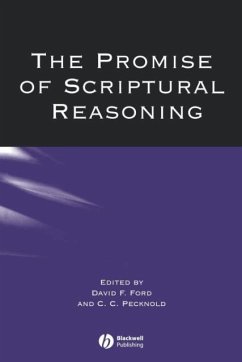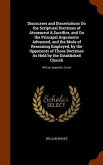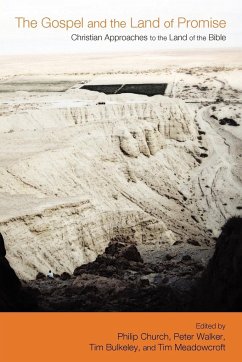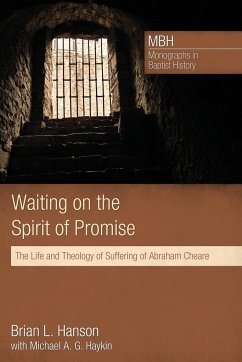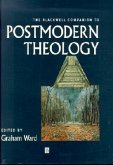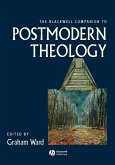In 'scriptural reasoning', Jews, Christians and Muslims study their scriptures in conversation with one another. This innovative practice brings core identities into deep engagements with one another by returning to the sacred texts that give rise to their differences and their family resemblances. 'Scriptural reasoning' enables these differences, and agreements, to be worked through in a collegial context. It has already begun to produce fresh approaches to one of the great issues of the 21st century: how can the Abrahamic faiths understand each other and live together in peace? In this book, twelve contributors distil their critical and constructive thinking on 'scriptural reasoning' after nearly a decade of study and discussion. Their reflections range from introductory accounts and guidelines for the practice, to literary-critical discussions and interpretations of texts. Several chapters draw on contemporary philosophies, such as pragmatism, phenomenology, and idealism. A critical conclusion invites readers to reflect on the promise of 'scriptural reasoning'.
"This volume certainly provides a valuable distillation of thewisdom and expertise of a distinguished group of SR practitioners,and will resonate with many." (Theology, November 2008)
"The practice of scriptural reasoning is one of the mostimaginative...approaches to interreligious dialogue...thiscollection can serve as a guide...for the sake of mutualhospitality." (Christian Century)
"The practice of scriptural reasoning is one of the mostimaginative...approaches to interreligious dialogue...thiscollection can serve as a guide...for the sake of mutualhospitality." (Christian Century)

